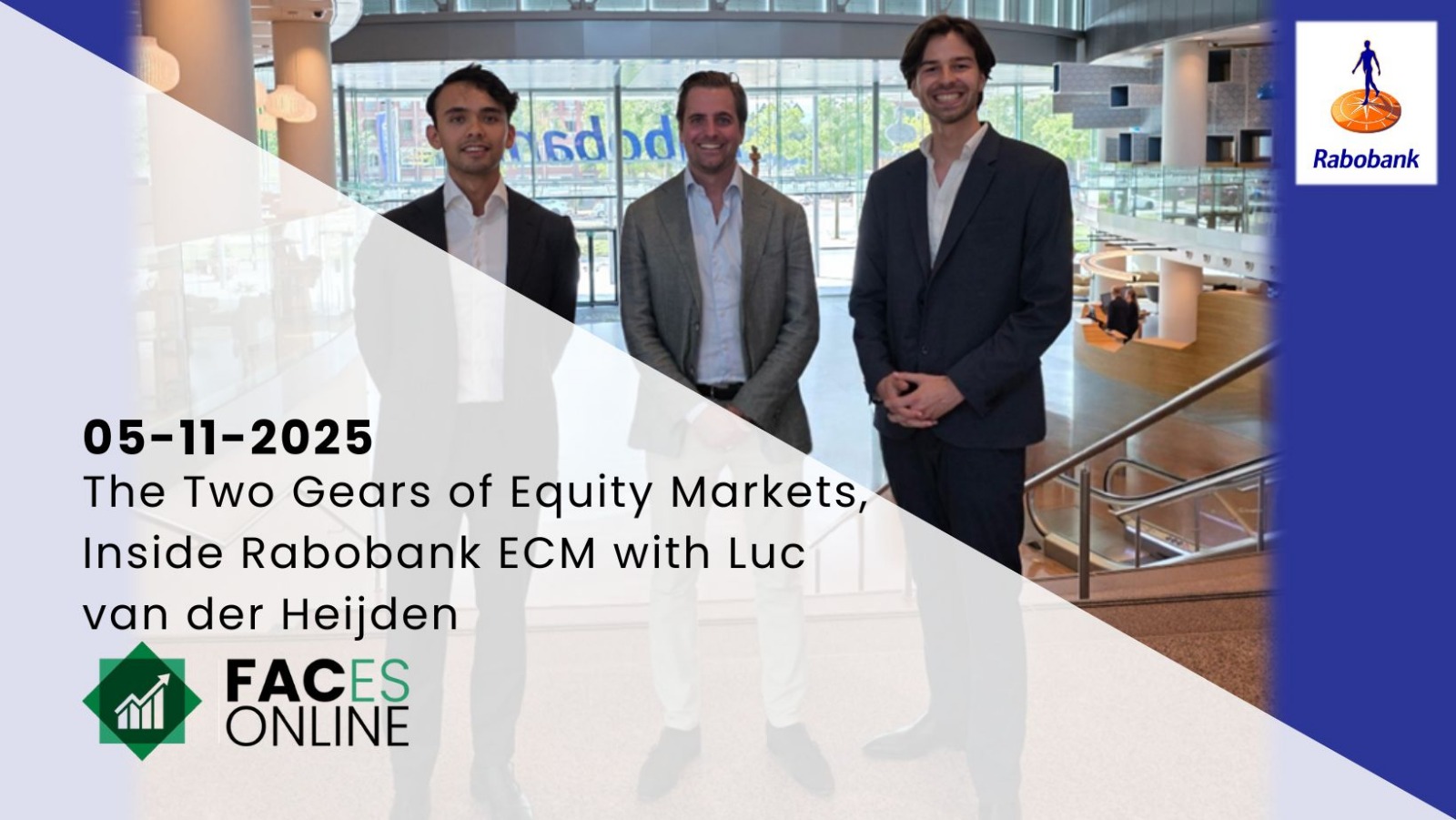In this column Joella Albers discusses the culture of accountancy and how it can and how it should be changed. Changing the culture is the key to solve lots of problems, the key to salvation it seems.
Currently, when talking about the accountancy sector and the AFM report of 2014, culture is a frequently mentioned term. But what is exactly culture? So let’s explore some recent publications that are talking about this.
It is stated on the website of the AFM, www.afm.nl that during 2015 the focus of the AFM will be on the provision of financial services to businesses, accounting organizations and capital markets. Next to that the AFM will pay extra attention to the technological developments, gaining insight in consumer behavior and behavior and culture in general.
To be able to regain the trust in the financial sector there should be a culture in which transparency, accuracy, subservience and the sustainability of all this is persevered. That is the so called SOLL position the AFM wants to build towards, together with the players in the financial sector. How to get there?
In the rapport of 2014, “in the public interest: measures to improve the quality”, the AFM clearly gives the recommendation to strengthen the governance structure and with this the tone at the top. When the tone at the top is signaling that quality is important, the employees of the organizations will act accordingly and in the best interest of the public.
This change should be made by for example making the culture more open and increasing ‘the willingness to change’ in the mindset of employees. It should be stressed by changing the culture that all actions have to be done in the best interest of the public. To be able to make this change happen, the remuneration should be changed accordingly.
What was also mentioned in the report is that actually lacking of good culture was one of the reasons why the quality control system did not work in the accounting organizations.
So changing the culture is the key to solve a lot of problems, the key to salvation it seems.
Making this conclusion off course, foregoes the rules and regulations which are implemented in the beginning of 2014. The new behavioral code for accountants (VGBA). Yes, this is about behavior, not culture.
This VGBA addresses the behavior of the accountant. The accountant is to display integer, professional, confidential, accurate and objective behavior. When the accountant notices that people surrounding him or her are not acting accordingly, action should be undertaken to end this behavior. When the accountant notices that the group to which he/she belongs is not acting accordingly, action should be undertaken to end this behavior and the accountant should disassociate from the behavior.
What I think is astonishing is that the AFM is merely talking about culture, and a little bit about behavior, while it actually is the responsibility of all of the employees to do something about wrongdoing and behavior which does not act in the public behavior. It is about the mindset of people working in accounting organization. Talking about culture is already two steps ahead.
Although the VGBA officially is a set of rules which applies to the profession of the accountant, in my opinion it does not only start when you are an RA or registered accountant in the Netherlands. This set of rules applies to everyone even thinking about becoming an RA, it applies to students of the post master programs throughout the Netherlands, it applies to all the employees of lower ranks in the organization. You cannot and should not hide behind the fact that you are not an RA yet.
So important questions are the following:
– Do you understand the VGBA?
– When you are the sole responsible for a task, will you act in the best interest of the public? (opportunity)
– Can you withstand the pressure of peers and superiors to act in your own self-interest instead of acting in the public’s best interest? For example, not filing evidence, antedate evidence or even forge evidence. (pressure)
– Can you act according to the quality standards, even if you see the boss acting in a bad way? (rationalization)
– Do you have the courage to stand up to people acting in a wrong way?
– Can you disassociate from the wrong behavior and leave the team, or if necessary the organization?
If you can answer all these questions with yes, you are good accountant material. Look at the bold words behind brackets, sounds familiar? These are the parts of the fraud triangle. So if we cannot restrain ourselves from the fraud triangle, how do we make sure that our clients do so?
Culture is in my opinion a melting pot of the behavior of people, so to change the culture let’s first focus on the behavior of the individuals studying and working in the accounting profession. It is a bit like that old saying, if you want to change the world, start with changing yourself!
The way to do this? By getting a wakeup call the accounting sector is already thinking about ways to answer this question, but there is still a long way to go.
If you want to have more information to this ongoing debate, these are my references:
















